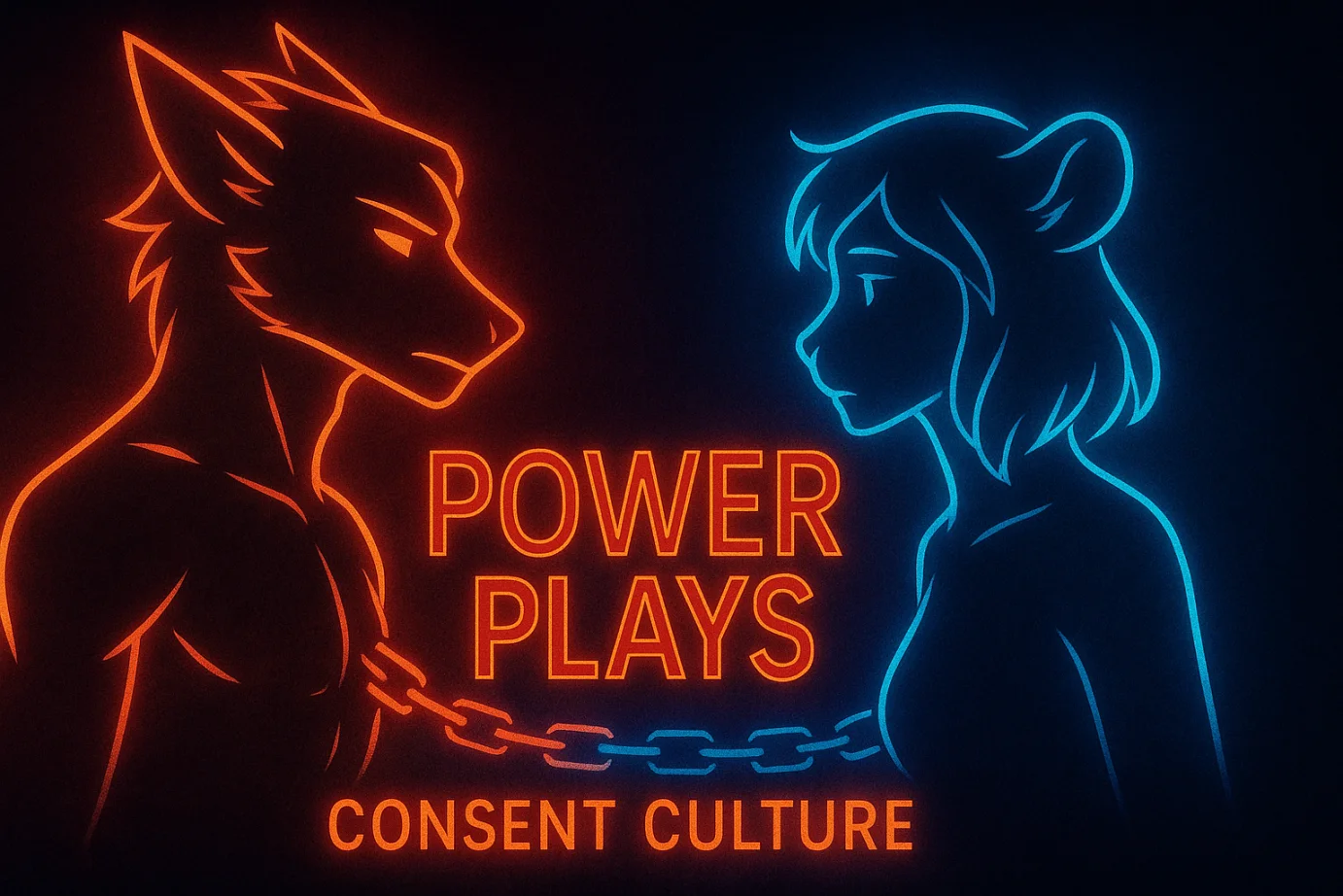Across the spectrum of human interaction—shaped by history, culture, and personal narrative—power weaves an invisible thread, guiding how we relate to one another. From corporate hierarchies to intimate connections, the erotic dance of dominance and submission both reflects and refracts broader patterns of control, cooperation, and resistance.
Society’s Hidden Hierarchies
Society functions on a lattice of unspoken hierarchies, where privilege and status silently dictate who commands attention and who follows. In the corporate world, for instance, the 2016 Wells Fargo scandal revealed how top-down sales quotas pressured employees into unethical behaviors, illustrating how institutional demands can warp individual agency. Similarly, influencer culture on social media platforms creates informal power structures: follow counts and engagement metrics determine whose voices dominate public discourse. Early lessons from classrooms—where eager students learn to defer to authoritative teachers—teach that authority demands obedience and that challenging power risks isolation.
Yet these public dynamics don’t stop at the office door. They seep into private realms, subtly influencing romantic and erotic scripts. Consider traditional households where gender roles are strictly enforced: an individual conditioned to yield in everyday life may find that same impulse mirrored in how they negotiate consent behind closed doors. Such power imbalances, learned on the grand stage of society, become the whispered choreography of desire, shaping who leads the dance and who follows, often without conscious choice.
When Power Becomes Toxic
A desire for control becomes harmful when it overrides respect and autonomy. Toxic relationships emerge when dominance slips into coercion: a partner’s demands escalate without room for negotiation, and submission morphs into resignation. The #MeToo movement, which surfaced accounts of Harvey Weinstein’s abuse of power, underscores how charismatic dominators can exploit consent to maintain control. Small concessions—skipped meals, unmet needs—accumulate into patterns that erode self-worth, as one person’s desires consistently eclipse the other’s.
Emotional manipulation—gaslighting, silent treatment, and guilt—serves as the coup de grâce in abusive dynamics. In real-world studies by the National Domestic Violence Hotline, survivors recount being told they “could never find better,” a tactic that distorts reality and ensures compliance remains unquestioned. In such toxic dances, consent is an illusion, and the wounded partners often lose sight of their own agency before the music ever stops.
Historical Roots of Erotic Power
Power exchanges aren’t modern inventions but ancestral rituals carved into human culture. Ancient Spartan agoge initiations required youths to submit to harsh discipline, forging loyalty through controlled submission. In medieval Europe, dueling codes formalized combat as a ritualized battle for honor, teaching participants to navigate authority and deference with precision. Religious orders—from Catholic monastic vows to Sufi rites—employed discipline to bind individuals to communal belief, underscoring the link between surrender and purpose.
Over centuries, these symbolic scripts evolved into secular traditions—ceremonial parades, martial drills, and societal etiquette—each reinforcing lessons about authority and obedience. Such historical contexts reveal why dominance and submission retain potent erotic charge today: they tap into deep-structure narratives that define identity and belonging across cultures.
Psychological Underpinnings
On the physiological level, both dominance and submission trigger rewarding neurochemical responses. The infamous Stanford Prison Experiment of 1971 demonstrated how quickly ordinary people internalize dominant and submissive roles, with ‘guards’ experiencing power-induced stress and ‘prisoners’ exhibiting learned helplessness. Neurochemical studies show that exerting control can release endorphins and adrenaline, creating exhilaration and focus, while surrender can unleash oxytocin and dopamine, fostering intimacy and trust. These parallel yet complementary cascades make the interplay of power uniquely addictive.
Psychologically, taking on a dominant or submissive role can grant access to parts of the self typically repressed by social norms. Research published in the Journal of Sexual Medicine found that consensual BDSM practitioners report higher levels of well-being and resilience, suggesting that negotiated power play can serve as a form of therapeutic exploration. Choosing to yield control can restore agency through intentional vulnerability, while assuming authority can provide clarity and direction.
Reclaiming Consent through Kink
Kink communities have codified frameworks that transform power exchange into consensual art. Events like DomCon and local munch meetups center around consent workshops and boundary negotiations, ensuring participants co-author every scene. Prior to any engagement, partners draft detailed consent contracts—often mapping out limits, safe words, and aftercare preferences—which frees individuals to explore roles with confidence, knowing they can halt at any moment.
Aftercare—the care rituals that follow a scene—cements mutual respect, allowing partners to process emotions and reaffirm their bond. Workshops at Consentchella, a 2024 Bay Area kink festival, underscore that true erotic empowerment lies in shared vulnerability and responsible play, teaching that power dynamics demand empathy and sustained attention long after the last touch.
Healthy Practices Beyond the Bedroom
The negotiation skills honed in kink—explicit communication, boundary-setting, and active listening—translate effortlessly into everyday life. Google’s Project Aristotle, which highlighted psychological safety as a driver of team performance, echoes the kink principle of creating ‘safe containers’ for open dialogue. In professional settings, framing projects as collaborative “scenes” with clear roles and exit strategies encourages equal participation and reduces burnout.
Conflict resolution in families benefits from similar frameworks: by agreeing on check-in protocols and safe phrases before disagreements, households prevent escalation. Even parenting approaches, such as respectful negotiation with toddlers (“use your word ‘stop’ instead of tantrums”), draw from kink’s commitment to honoring autonomy and ensuring every voice is heard.
Alternative Healthy Kink Scenarios and To-Dos
- Sensory Exploration Session: Partners use blindfolds and gentle sensation play (feathers, ice, silk) to heighten awareness and trust.
- To-Do: Agree on a clear safe word and establish non-verbal cues before beginning. Set a timer for intervals to check in emotionally and physically. After the scene, share reflections over tea or a warm bath to reinforce connection.
- Power Exchange Workshop: Couples attend a guided workshop where they role-play brief scenes under instructor supervision.
- To-Do: Research local kink-friendly education events or online masterclasses. Create a “scene contract” outlining roles, boundaries, and aftercare responsibilities. Debrief with a journal entry or voice memo to capture insights and areas for growth.
- Collaborative Creative Role-Play: Partners co-write a short erotic script, taking turns to direct and follow.
- To-Do: Set a neutral environment—dim lighting, minimal distractions. Develop characters and scenarios together, emphasizing mutual pleasure. During play, pause at agreed intervals to switch roles and reaffirm consent, then conclude with shared feedback.
From Social Scripts to Bedroom Dynamics
Deconstructing societal narratives about power helps distinguish coercion from consensual play. The #MeToo era’s shift in public discourse around harassment demonstrates how unspoken scripts can be rewritten—firm boundaries, open conversations, and zero tolerance for abuse. When dominance and submission are approached as a mutual dance—choreographed through negotiation and respect—the erotic interplay becomes a microcosm of societal transformation.
The very act of co-creating pleasure models how power, balanced with empathy and agency, can reshape all our relationships. Whether in boardrooms, living rooms, or bedrooms, the intentional choreography of control and consent offers a path toward healthier, more equitable rhythms of give and take.




